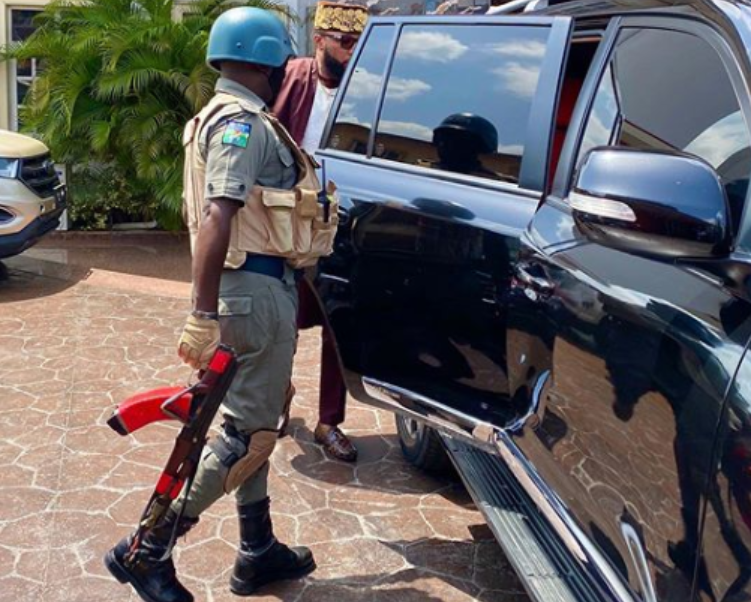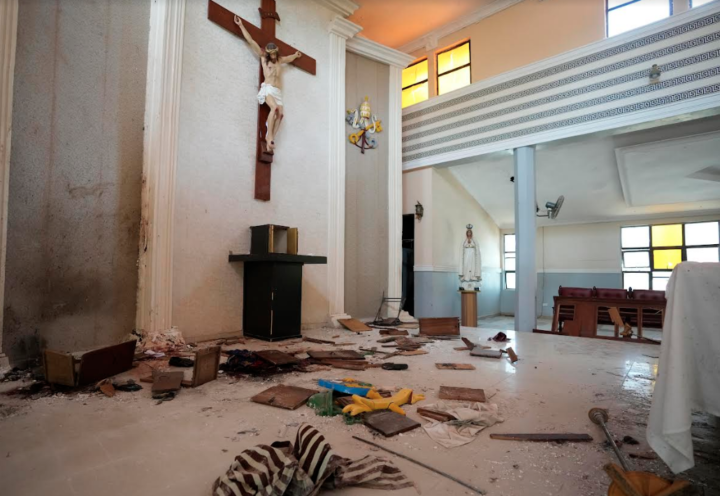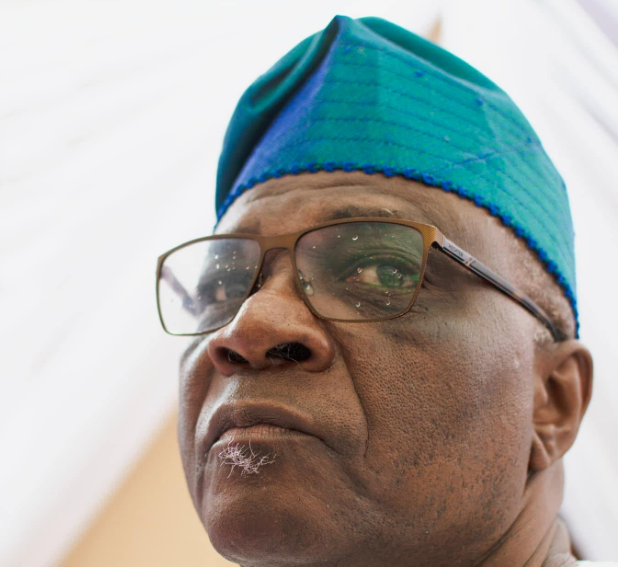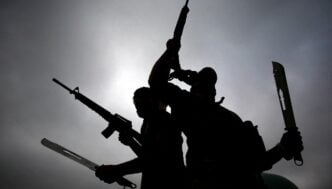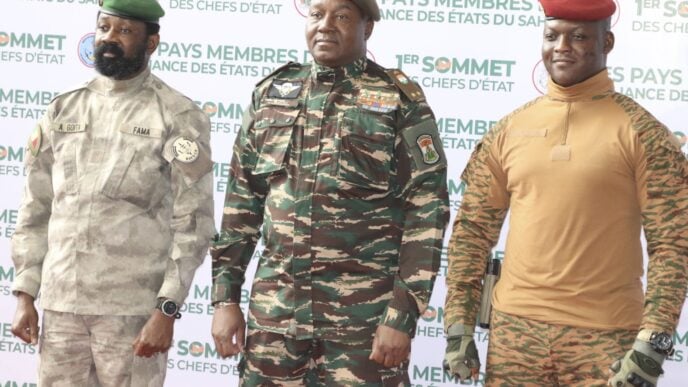BY ABIODUN RAUFU
Something is deeply rotten in the Nigerian Police Force that has been generally overlooked. What was meant to be a public institution charged with protecting the lives and property of every citizen and promoting public safety has been reduced to a personal security agency for the rich and powerful.
The gradual privatisation of the Nigerian Police Force is no longer a rumour whispered in frustration — it is a national disgrace unfolding in plain sight.
Across cities and towns, the evidence is undeniable. Convoys of politicians, business magnates, celebrities, and criminally suspect individuals move about with police escorts. These same officers, paid by public funds, are nowhere to be found when ordinary Nigerians call for help during robberies, kidnappings, or communal attacks.
Advertisement
This shameful trend exposes a truth the authorities would rather conceal: the Nigerian Police Force is being auctioned off — officer by officer, patrol by patrol — to those who can afford it.
Public safety, a fundamental right, has become a luxury commodity for the highest bidder. For the elite, protection is guaranteed by the power of their bank accounts. For the average Nigerian, safety is a matter of luck and prayer. When the state’s protectors are deployed to guard politicians and their girlfriends, celebrities, shopping malls, private compounds, and party loyalists, who then guards the public?
While thousands of police officers are assigned to guard politicians’ children and mistresses, communities across the country live under siege from bandits and armed militias. Ordinary people call emergency numbers that never connect. Stations lack vehicles, fuel, and basic weapons. Yet, the same police force has enough officers to line the streets during political rallies or stand watch over billionaires’ mansions in Ikoyi and Maitama and other high-brow estates across the country.
Advertisement
This, of course, is not a policing strategy — it is moral bankruptcy. The rot runs deep within the system. What the police leadership coyly refers to as “special duties” has become a well-oiled racket. Officers are assigned to wealthy individuals and corporations for “escort” or “security attachment”, often for unofficial payments that never make it to government coffers.
The result is a two-tier system of law enforcement: one for those who can pay and another for those who cannot. In effect, the Nigerian state has sanctioned the commercialisation of protection — the very essence of statehood — through greed and neglect.
It is worth asking: if the police now sell their duty to the highest bidder, what remains of the social contract between the Nigerian people and the government?
The irony is that most of these elite beneficiaries can afford private security. Yet they demand — and receive — armed police protection funded by taxpayers. A wealthy businessman can secure multiple police escorts for his family, while a market woman in Ibadan or a teacher in Jos cannot count on a single patrol unit to respond to a crime in progress.
Advertisement
The consequences are dire. Crime rates soar because law enforcement is absent where it is needed most. Citizens lose faith in the justice system, resorting to self-help and vigilante groups. The police themselves become targets of public resentment, viewed less as protectors and more as mercenaries for the elite.
And yet, the government responds with silence — or worse, denial. Year after year, police reforms are announced with great fanfare, only to be abandoned in practice. Salaries remain shamefully low, barracks crumble in filth, and equipment shortages persist. When desperation meets opportunity, corruption is not an accident; it becomes a survival strategy.
Nigeria stands at a crossroads. Either the nation reclaims its police force as a public institution devoted to justice and equality, or it accepts a future where protection is for sale and justice is a privilege, not a right.
The solution is neither complex nor impossible. End all unauthorised police attachments. Let those who need extra help seek protection from the thousands of private security companies that abound in the country. Audit the “special duty” system. Redirect officers to public safety duties. Improve salaries, training, and oversight. Above all, restore the moral purpose of policing — to serve and protect the people, not the powerful.
Until this is done, the Nigerian Police Force will remain a symbol not of security, but of systemic failure — a force serving private wealth instead of public welfare.
Advertisement
In its current state, the force does not protect Nigerians; it protects privilege. And that, more than anything else, is the greatest crime of all.
Professor Raufu, former editor of Nigerian Tribune and ex-managing director and editor-in-chief of National Mirror Newspapers, is an associate professor of criminal justice at Southern University and A&M College, Baton Rouge, Louisiana in the United States.
Advertisement
Views expressed by contributors are strictly personal and not of TheCable.
